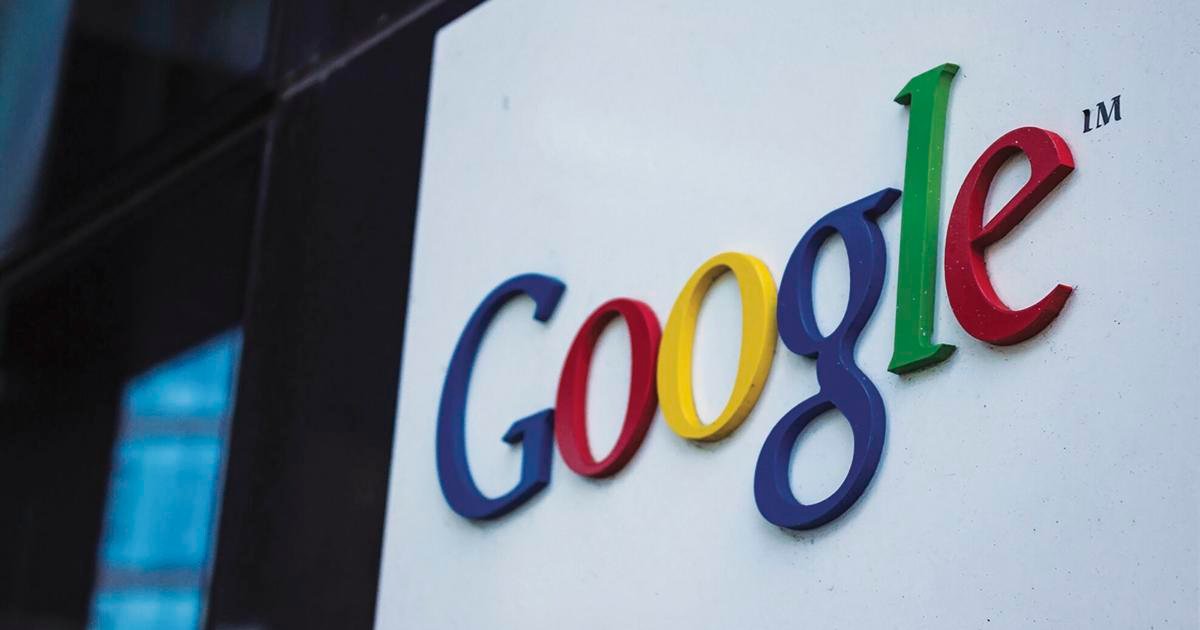Business
At Google Antitrust Trial, Conflicting Stories Emerge from Key Witnesses and Documents

ALEXANDRIA, Va. — The federal antitrust case against Google is nearing its conclusion in a Virginia courtroom. At the center of the trial is whether Google maintains a monopoly in the online advertising market, an assertion made by the Justice Department and a coalition of states.
The government argues that Google’s dominance extends to the technology that connects buyers and sellers of digital ads, effectively eliminating competition. Conversely, Google claims the focus is overly narrow, emphasizing traditional banner ads while ignoring the wider array of competitors, including social media and streaming services.
Testimonies have included several current and former Google executives, who have frequently attempted to distance themselves from past communications that the government deems incriminating. For instance, Jonathan Bellack, a Google product manager, characterized a critical 2016 email as mere “late night, jet-lagged ramblings,” asserting that he did not perceive a problem with Google’s control across the advertising ecosystem.
However, the Justice Department views his statement as aligning with its case. They point out that Bellack’s comments echo their concern regarding Google’s extensive control over ad-selling technology and the exchanges that facilitate these transactions. The lawsuit alleges significant fees are charged to advertisers as a direct result of this dominance.
This narrative is reinforced by evidence suggesting that Google has actively deleted internal communications potentially relevant to the trial. Recent testimonies revealed that the company implemented a policy encouraging employees to consult legal teams before discussing sensitive matters in writing, raising further questions about transparency.
U.S. District Judge Leonie Brinkema has criticized Google’s document retention practices as “absolutely inappropriate.” The trial, which commenced on September 9, follows a separate case in Washington, D.C., where a judge recently deemed Google’s search engine an illegal monopoly.
While the Virginia case may not yield the same revenue implications as Google’s search services, it nonetheless addresses a substantial segment of its annual income from advertising technology. As the government wraps up its case, Google has been instructed to prepare for its witness presentation, expected to commence soon.
Copyright 2024 The Associated Press. All rights reserved. This material may not be published, broadcast, rewritten, or redistributed without permission.


















